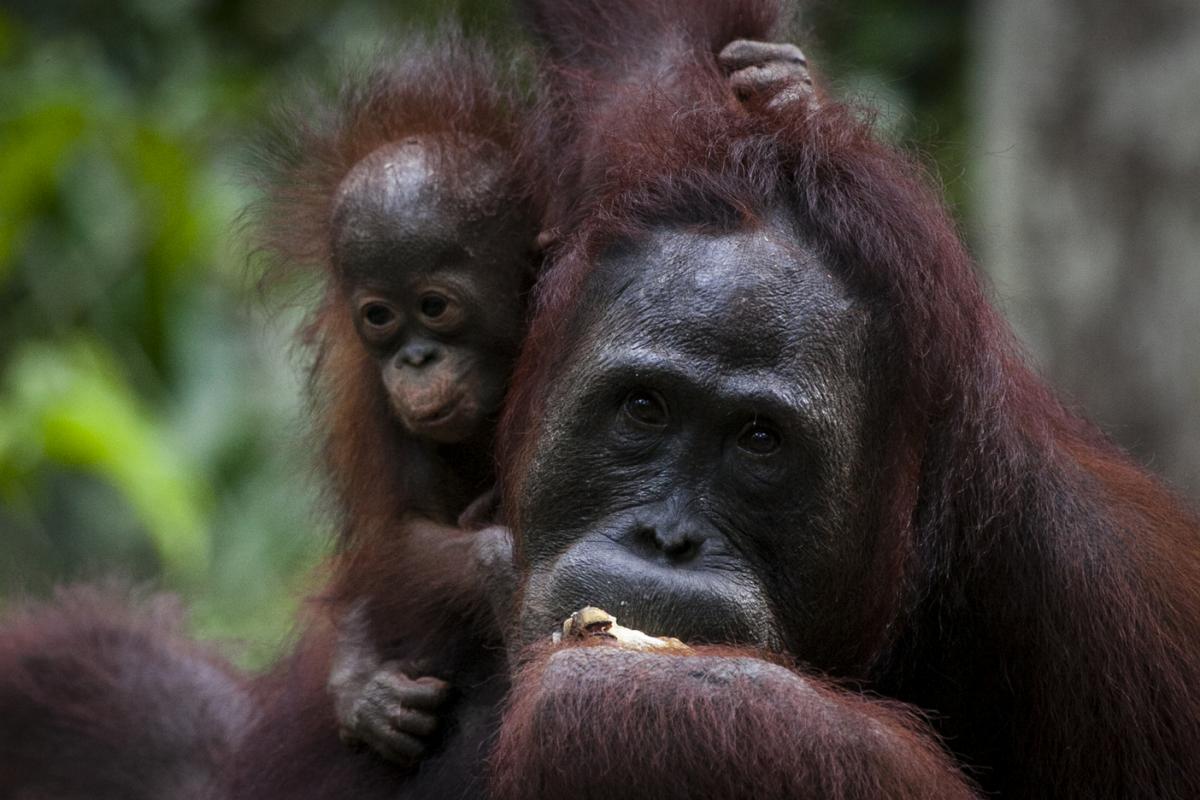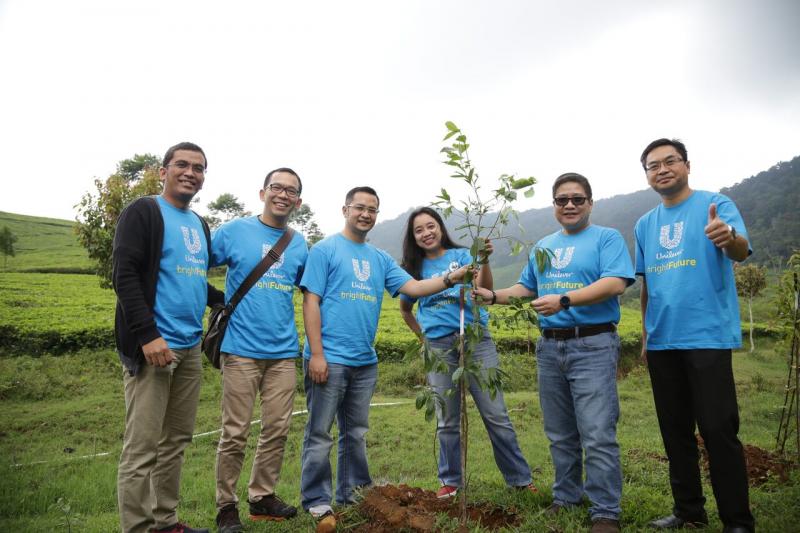Paul Polman talks to Terry Slavin about the food giant's commitment to sustainable palm oil sourcing and his work to bring transformational change on a global level
The area where Unilever’s chief Paul Polman has tried hardest to bring about transformational change over the past 10 years is in tackling deforestation.
Commodities like soy, palm oil, paper and pulp/timber, and beef are responsible for two-thirds of tree loss in the biodiversity-rich tropics. And with Unilever being the world’s single biggest buyer of palm oil, and one of the largest buyers of soy, it is an issue that he has embraced with missionary zeal.

In 2010, as head of sustainability efforts at the Consumer Goods Forum, he chivvied the CGF’s 400 members to join Unilever in committing to achieve zero net deforestation by 2020 in their commodity supply chains.
In 2012 the CGF partnered with the US government to create the private-public Tropical Forest Alliance 2020 partnership to mobilise all global actors to join the fight against commodity-driven tropical deforestation. The partnership led to the signing of the New York Declaration on Forests in 2014, which now has about 180 nations, companies, indigenous people and other organizations committed to halving deforestation by 2020 and stopping it by 2030.
2020 is coming up. More progress than we would have otherwise has been achieved, but not as much as we should
Yet he voices frustration that the battle is not being won, with the World Resources Institute’s (WRI) Global Forest Watch reporting last year that global tree cover loss accelerated by 51% in 2016 to 29.7m hectares, an area the size of New Zealand, and alarming news last autumn that tropical forests have become a source rather than a sink of carbon emissions.
“Protecting biodiversity and restoring degraded land could be 38% of the climate solution for [the Paris Agreement], and 123 countries have made commitments on afforestation and reforestation,” says Polman. But despite his best efforts get forests and tackling food security on the agenda for G7 and G20 countries “unfortunately they are out of the global debate”.

It’s clear that Polman is disappointed by the failure of many companies in his own industry to follow through with their commitments to zero deforestation by 2020, and he says NGOs like Greenpeace and WWF are right to try to hold their feet to the fire. “2020 is coming fast,” he says. “More progress than we would have otherwise has been achieved, so credit to that, but not as much as we should, and the needs are greater than when we organized [the zero-deforestation commitment] 10 years ago.”
To be fair, lack of progress is not only down to companies. Until last year conservation NGOs had competing definitions of what constitutes a forest. Polman said Unilever was instrumental in breaking the stalemate, recruiting Jim Leape, former head of WWF, now at Stanford Woods Institute for the Environment, to co-ordinate a series of workshops that brought together industry players and NGOs to agree a common methodology for assessing forests, called the High Carbon Stock Approach. (See Fresh hope in battle to save the Orangutan from palm oil)
Unilever, meanwhile, has been leading by example, committing in its Sustainable Palm Oil policy to 100% traceability for all crude palm oil and derivatives.
We haven’t been able to convert the smaller and medium-sized producers. So we said we need to be more courageous
In February, the company became the first to disclose the suppliers and mills that it sources from, mapping out over 1,400 mills and 300 direct suppliers. Using WRI’s Palm Risk tool it identified that 42 mills are located in areas of high deforestation risk.
The move has been praised by NGOs like Greenpeace, which challenged the rest of the Consumer Goods Forum company to do the same, and by environmental, social and governance (ESG) investors.

A Unilever treeplanting scheme in Indonesia in collaboration with WWF. (Credit: Unilver)
Unilever also committed to have 100% of its palm oil covered by sustainability certificates by the end of 2019. But Polman says certification doesn’t get to the root of the deforestation problem. “We haven’t been able to convert the smaller and medium-sized producers [to sustainable production], which in palm oil is still a major source of deforestation in countries like Indonesia. So we said we need to be more courageous.”
In partnership with NGOs, including Greenpeace and IDH of the Netherlands, Unilever developed what it calls a jurisdictional, or produce and protect, model. It signed agreements with provincial and district governments in Indonesia to source palm oil from local smallholder farmers, who are trained in climate-smart agriculture techniques to increase productivity and incomes, while protecting forests. (See Zeroing in on community livelihoods in the palm oil industry).
Finance is drawn from a fund that was launched at the World Economic Forum in 2017 to back deforestation-free agriculture globally, with $100m from Norway and $25m each from Unilever and Marks and Spencer, which has also committed itself to the approach.
Polman said the approach is also working in Colombia, where he helped persuade President Juan Manuel Santos that Colombia could use half of the $200m a year its raises through a carbon tax to leverage funding to implement a sustainable land use programme in Orinoquía, a 25-million-hectare savanna and wetland area that borders Venezuela, targeting the former Farc soldiers who have turned from forest protectors to prime drivers of deforestation since the 52-year old civil war ended in 2015.
By creating well-paying jobs for them as smallholder farmers, he says, “We, together with the Colombian government, are saying it’s in their [Farc’s] interests to have lasting peace and development."
Unilever was also instrumental in signing up a significant number of Consumer Goods Forum members to the Cerrado Manifesto, an undertaking, that now has 62 signatories, to source deforestation-free soy and beef in Brazil's Cerrado region, which has witnessed an upsurge in deforestation since Brazil clamped down on deforestation in the Amazon.
"The problem always moves and changes," says Polman. "This is the challenge with deforestation."
See also Paul Polman: 'I feel like it's my first day at Unilever and there's a lot to do'
Main picture credit: KYTan/Shutterstock
Unilever Palm Oil deforestation Greenpeace WWF WRI High carbon stock approach

